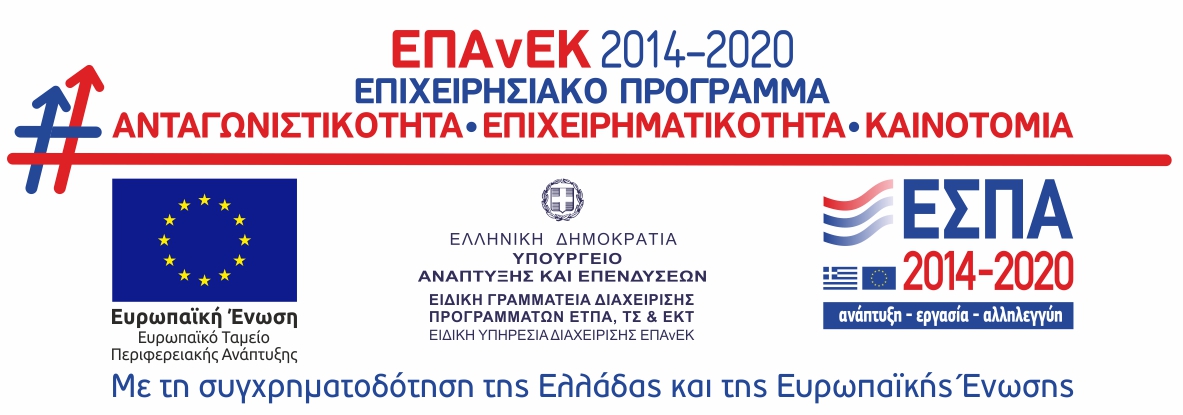Κάντε log in ή Εγγραφείτε εδώ
Αναζήτηση
Results
This is the third in a series of articles focusing on ideas about teaching grammar to English learners. The previous two articles addressed issues relating to the presentation and practice of grammar. This one will concentrate on the third stage in the teaching process - production.
The new format for the Cambridge English Proficiency exam introduced in March 2013 should not present any unforeseen problems for the teacher or student. Existing task types have either been modified slightly or changed to bring them in line with the FCE and/or the CAE examinations (eg the Reading and Listening multiple-matching tasks). Some task types (eg the Use of English gapped sentences) have gone altogether and others which might seem to be new (eg Writing Part 1) are largely building on skills the students would already have been practising for the old exam format, ie summarising.
While children learn by doing, they also learn through social interaction. Vygotsky (1962) found that children construct knowledge through other people, more specifically through interaction with adults or more competent peers who provide assistance or ‘scaffolding’ to help learners achieve more than they could on their own. View the video.
Read more
*This interview was first published in Issue 141 of the TESOL Greece Journal
How can the 5 Ts of TESOL be used in different teaching contexts?
There is a general feeling that English pronunciation is not worth teaching. This is because there are many exceptions and students are generally told that they will eventually pick up the correct pronunciation. Here, Jennifer Lowe explains how to simplify the process and focus on pronunciation essentials.
Read more:
“It is our choices, Harry, that show what we truly are, far more than our abilities.”
― J.K. Rowling, Harry Potter and the Chamber of Secrets
PRESS RELEASE
International Publishers Exhibitions
Spring ‘24 International Publishers Exhibition
“A STEP TOWARDS DEVELOPMENT, ADAPTABILITY, EVOLUTION”
ANSWER: Try this in-class collaborative writing activity. It takes very little class time to do and can result in an interesting Report Back discussion on register and appropriacy, on which our exam candidates are assessed.
Title of Activity: Phrasal Verb and Latin Equivalent Dialogue Writing
Answer: Since 2011, when we started collaborating with Linguaglobe, there have been a number of activities where we suggest ways of consolidating grammar structures. This time, we will work with an activity which can be used to consolidate the Past Simple.
TITLE: "Re-living Yesterday"
LEVEL: A2+, age 12+
SKILLS: Writing, Speaking, Introspective thinking, note taking.
TIME: 10 - 15 minutes
MATERIALS: None needed


